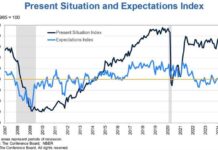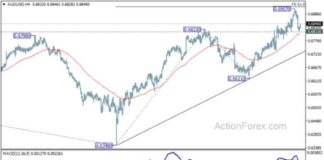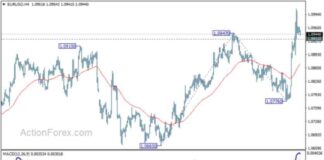In tough times, politicians often use metaphors to describe economic reforms. For example, in Ethiopia, Prime Minister Abiy Ahmed compared reform to undergoing surgery for healing. Meanwhile, in Nigeria, President Bola Tinubu defended two devaluations, stating that the old system was like a noose around the economic jugular of the nation. Both leaders are pushing for orthodox policies, even if it means facing short-term pain for long-term gain.
In Nigeria, economic reforms have been a hot topic of discussion. The country has faced challenges with its currency and entered into a $3.4 billion IMF program. Despite the difficulties, President Tinubu has stood by the decisions made, emphasizing the importance of moving towards more traditional economic policies.
On the other hand, in South Africa, economic reforms have also been a point of focus. The country has been working towards addressing issues such as corruption, unemployment, and inequality. President Cyril Ramaphosa has been pushing for reforms to improve the economy and create more opportunities for its citizens.
While economic reforms may be painful in the short term, they are crucial for the long-term health of the economy. Both Nigeria and South Africa are striving to implement policies that will lead to sustainable growth and development. By making tough decisions now, they hope to create a brighter future for their countries and citizens.
It is important for political leaders to communicate the necessity of these reforms to the public. By being transparent about the challenges and goals of the reforms, they can gain the support and understanding of the people. It is not an easy road, but it is a road that must be traveled for the economic well-being of the nation.
Overall, economic reforms in Africa’s largest economies, Nigeria and South Africa, are essential for addressing current issues and setting the stage for future growth. By embracing change and making difficult decisions now, these countries can pave the way for a more prosperous and stable future.

















